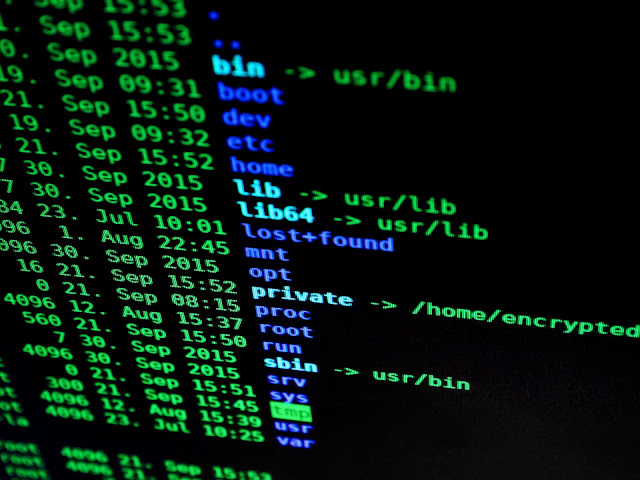We've collected expert tips on protecting your personal data, home, and car using the latest technologies and strategies, so read up on them!
Use strong passwords
Strong passwords are essential to cybersecurity, especially when protecting personal information. With today's advanced technology, hackers can easily crack a weak password.
Fortunately, it doesn't have to be complicated or time-consuming. There are many free options available that offer solid and simple-to-remember passwords.
Update your software regularly
Do you know when you last updated your software? If not, update it as soon as possible. Hacking is a primary concern for every internet user, and updating all software regularly will prevent attackers from getting into your computer.
If you're wondering how often to update, there's no one answer. Some software automatically updates, so you must install it on new devices or reinstall it on old ones if they get compromised.
Other programs require manual updating, which means checking for updates periodically or manually installing them when they become available. Some programs don't need regular updates, such as antivirus and firewall programs explicitly designed for protection against hackers and other online threats.
Install a firewall
A firewall is a program or set of programs designed to protect computers from unauthorized access or damage. A firewall is installed as a software application, meaning it will run on your computer, not a separate device.
You'll need to install one on each computer you want to be protected. If you're using a router instead, there's usually an option for setting up one or more firewall zones for different levels of protection.
For example, one zone for guests and another for children less likely to be tempted by hacking into sites they shouldn't be visiting.
Encrypt your data
You can encrypt your data using a software package like VeraCrypt, which allows you to create encrypted containers on your drive. You can also encrypt files and folders individually.
To add an extra layer of security, you can use a password manager that generates strong passwords for each account you sign up for. If you're worried about someone getting into your computer while it's turned off, enable screen lock or sleep mode so that it will require your password every time it wakes up from being inactive.
You can also set up encryption programs like Diskcryptor and TrueCrypt on any external hard drives and USB sticks with sensitive information.
Use two-factor authentication
Two-factor authentication, or 2FA, is a security feature requiring two identification methods. One method, like a password or PIN number, is typically something you know.
The other method is something you have with you, like your smartphone. When logging into an account on your computer, you'll be prompted to enter your username and password (something you know) and a code generated by an app on your phone (something you have).
This means that even if someone has access to your passwords and knows how to break into your account through malware, they still need access to the device containing the app that generates the second authentication code.
Backup your data
It is vital to back up your data before you get hacked, which is easier said than done. You can do it automatically using a cloud-based service like CrashPlan or manually with an external hard drive.
The advantage of CrashPlan is that it backs up your files online and encrypts your data for security purposes, but if you are looking for more control over what gets backed up, an external hard drive may be a better option.
Disconnect from public Wi-Fi
Public Wi-Fi networks are notoriously unsafe. Hackers can easily intercept data and passwords when surfing the web or checking your email on a public network. Even if you never use public Wi-Fi, hackers can still find a way into your home network by targeting other devices connected to that network.
To protect yourself from this attack, disconnect from any public Wi-Fi networks at home and only connect to trusted networks like your wireless router or at work.
And even if it's a password-protected connection, ensure that your passwords are strong enough to withstand brute force attacks by using long passwords with letters, numbers, and symbols or two-factor authentication systems like Duo Mobile.
Educate yourself and others about cybersecurity threats
The first step in securing your home is education. You and your family need to know what primary cybersecurity threats exist, how they work, and how they can be avoided.
The next step is ensuring your devices are up-to-date with the latest security patches and updates. You should also educate yourself about standard cyberattack methods to recognize them when they happen.
Finally, ensure you have an up-to-date backup of all your most important data.
Don't fall into romance scams
What is a romance scam? A romance scam is when someone pretends to be interested in you, but all they want is your money. They may claim they need help with an emergency or say they're from a different country and can't get their money out of there.
Romance scams are often tough to detect, so you must know what to look for before giving away any information. If you do fall victim to a romance scam, report it immediately.
